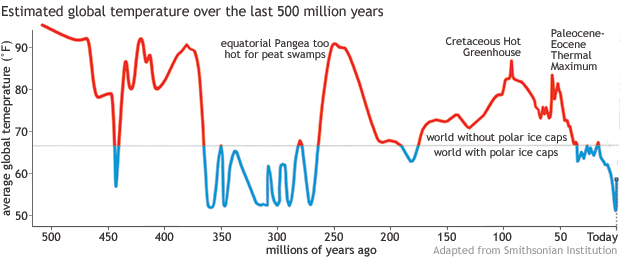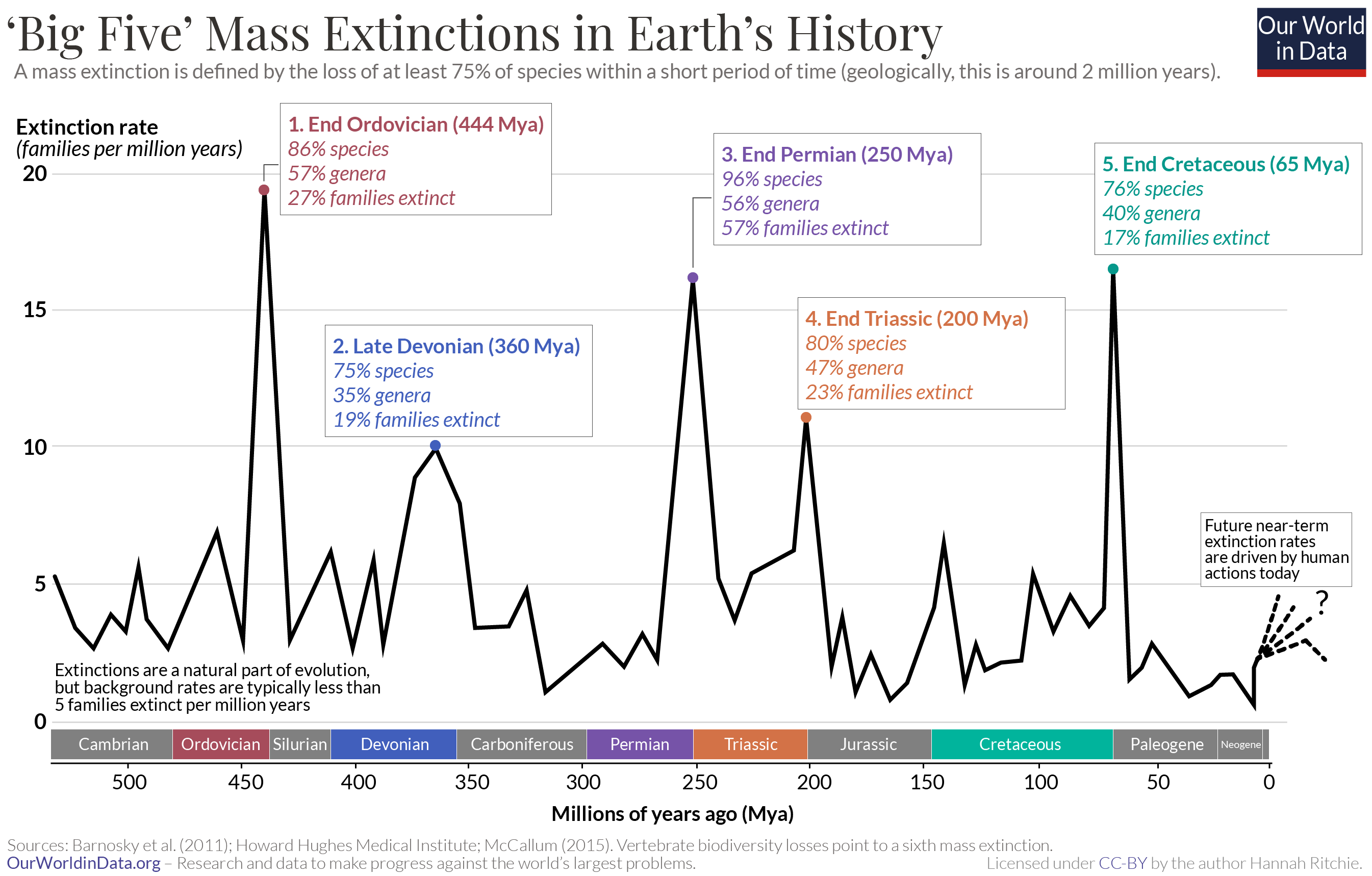There’s Discord clients that uses Firefox instead of Chromium, fun fact. The one I know is Datcord
computational linguist more like bomputational bimgis
- 0 Posts
- 117 Comments
Floorp, Waterfox, Mercury, Librewolf, Tor (if that even counts)
don’t speak like the french
Shhh shhh no we have to make the peasants believe every exploitable activity is an intelligent sidehustle. THEIR idea. Not something that will be forced upon them by capitalism. How do you think we create like half of professions ever?
What in the hell is a “Caramel Ribbon Cursetard”
What do you mean women don’t like a FOSS privacy-oriented user experience? Don’t they like going through 500 pages of documentation when Gentoo breaks only to realize all along that the problem was fixed by turning the computer off and on again?
What do you mean men don’t like that either?? What kind of place is this?!
Yea but it’s inefficient. USB-A has a significantly lower transfer rate than USB-C so it’ll bottleneck
Objectively disgusting. How can one connector be so chunky while still being asymmetric?
a slave-master dynamic
please don’t use that term, every time i see it i immediately verge on orgasming. you’ve already made me ruin 2 undergarments today. i have a serious bdsm kink and this is not funny.

 121·2 months ago
121·2 months agoFor a lot of English speakers, the “had” and “have” in contractions is completely omitted in certain contexts. It’s more prevalent in some dialects (I’m in the south US and it’s more common than not). Usually “had” is dropped more than “have”.
Also, English can drop the pronoun, article, and even copula for certain indicative statements. I think it’s specifically for observations, especially when the context is clear.
looking at someone’s bracelet “Cool bracelet.” [That’s a]
wakes up “sigh Gotta get up and go to work…” [I’ve]
“Ain’t no day for picking tomatoes like a Saturday.” [There]
“No war but class war!” [There’s]
“Forecast came in on the radio. Says there’s gonna be a hell of a lot of rain today.” [It said -> Says/Said]
“Can’t count the number of Brits I’ve killed. Guess I’m just allergic to beans on toast.” [I; I]
“House came tumblin’ down after the sinkhole opened up” [The]
“I’d” can be “I would”, mainly if used with a conditional or certain conjunctions/contrastive statements (if, but, however, unfortunately). Also when preceding “have” – e.g. “I’d have done that”. Because “I had have” doesn’t make sense, nor does “I had <present tense>” anything. “I’d” as in “I had” is followed by a past participle.
“I’d” is usually “I had” otherwise, forming the past perfect tense. But in “I’d better”, it’s a bit confusing because “had better” is used in a different sense – the “had” here comes from “have to” (as in “to be necessary to”) and can be treated as both a lexical verb and an auxiliary verb. “had better” is a bit of a leftover of more archaic constructions.



they’ll be fine. we won’t be though
Are you just posting this under every comment? This isn’t even a fraction as bad as the Intel CPU issue. Something tells me you have Intel hardware…
AMD CPUs indeed have better efficiency when it comes to energy used, or so I always hear.
Capitalism: “Make as much as possible as fast as possible”

 82·2 months ago
82·2 months agoWell for the most part if we want to have a less context-dependent measure, with some caveats – “left” is advocates of a socialist (or communist if you wish to separate them) economic system and social equality, and “right” is advocates of a capitalist or fascist economic system and social hierarchy. Around the center would be where social democrats/capitalists who want strong social safety are, or in other words people who want a mixed-economy/regulated capitalism and are for the most part socially progressive.
Also it’s hard to tell what you mean by “pure libs” but in most of the world that implies extremely free-market capitalist and pro-discrimination under the guise of “free speech” – very to the right. They’re usually called “libertarians” or “ancaps” in the US.
If by “pure lib” you mean a principled American “liberal” then there’s not really much to differentiate that from a social democrat – in practice America’s liberal politicians are either social democrats, or corrupt politicians who suck up to corporate money and stand in the way of social democrats – the latter definitely not being centrists. Same goes for “social liberals”.
Either way there is no chance that democratic socialists are as extremist as national conservatives. Democratic socialists are barely left of social democrats, so much so that social democrats label themselves democratic socialists all the time. The ideology is dependent upon reforming a fundamentally capitalistic system in an attempt to achieve socialism, while more lefty ideologies are focused on forcing the ruling/regressive capitalist class to comply (and some just outright skip to purging all the aristocracy who are anti-worker).
An accurate-ish description may be “socialist” and “syndicalist” vaguely can be anywhere on the left, so 5.5 to 10; “communist” and similar adjectives like “ararcho-communist” encompass 9 to 10; “anarchist” contains ideologies between center and fully left, so 5 to 10 (although most anarchist ideology is very far to the left, a lot of them are communists); “democratic socialist” is 5.5 to 7; “social democrat” is 4.5 to 5.5; the American “left” is mostly anywhere between 4 and 6.5 nowadays, although a decade ago it’d be more like 3 to 4.5, with actual social democrats being considered fringe or “extremists”. US “conservativism” (or “conservatism”, pick your poison on the spelling) is pretty much entirely “sounds kinda like fascism” to “fascism” at this point, so 1.5 to 2.5, with some politicians in the faction maybe squeaking it out to 3 or 3.5. Full-blown Nazis are 1. Libertarians/classical liberals are harder to classify in this sort of system, as in practice they’re usually as right-wing and reggressive as American conservatives, but their ideology is theoretically supposed to be more like a 3.5. Ancaps are just straight up 1 to 2.5 though, a complete lack of law applying to corporations & companies in general, being anti-government funding except when it’s military or police (except some of the farthest right of them believe even those should be completely private). They’re on par with fascist in terms of the scale from left to right.
Assuming decimals are out of the question, let’s just truncate everything higher than 5 and round up everything lower than 5.
Generally, the American public (or rather, the white majority) hovers at 3 to 4, with younger people being more like 4 to 7.
What’s fucked is most people think of prominent historical figures like Martin Luther King Jr. and Nelson Mandela as at a similar position in a political spectrum as American liberals, when in reality they were literally full-blown revolutionary socialists/marxists and belonged to communist organizations. And figures like Gandhi and Orwell were openly reformist socialists. I mean it’s intentional rightwashing by the government to get rid of any and all semblance of left ideology from now-near-legendary people, and it’s not surprising at all, but it’s still fucked. This is the framework of thinking Americans have when they try to categorize ideologies on a left-to-right spectrum; the most leftist historical figures they know that aren’t Stalin or Mao or something are all rightwashed into oblivion, portrayed to be liberal in the American sense, which tricks people into believing the farthest left you can go before you cross the centrist line is Bill Clinton or something.
If we take “left or right” to “how far one acts to accelarate towards progressivism or regressivism”, though, then I could see your proposed comparison working decently, with the caveat being that democratic socialists wouldn’t be anywhere near communists in that regard either.
The calorie used to be the base unit, until we released in the 19th century “wait, heat isn’t a gas” and threw out caloric theory, and made the joule. Now the calorie is defined as 4.184 joules.







Welp, pack it up boys, all of our buddhist neighbours are Nazis